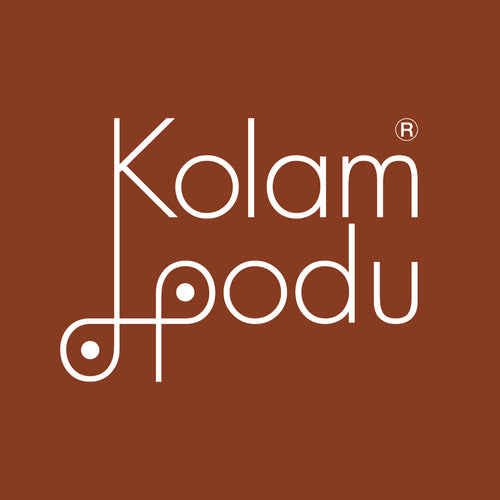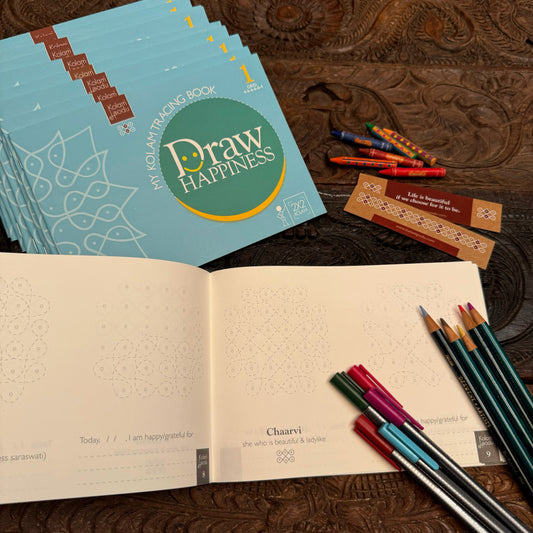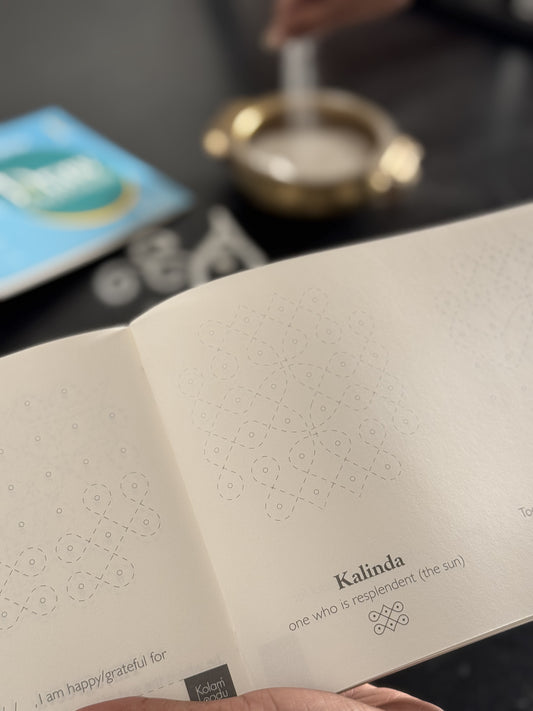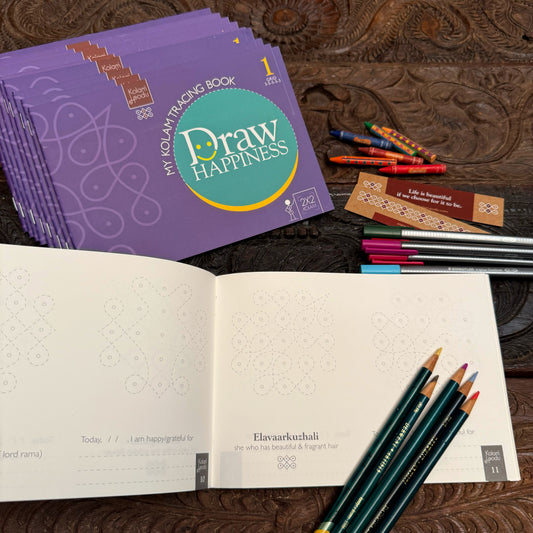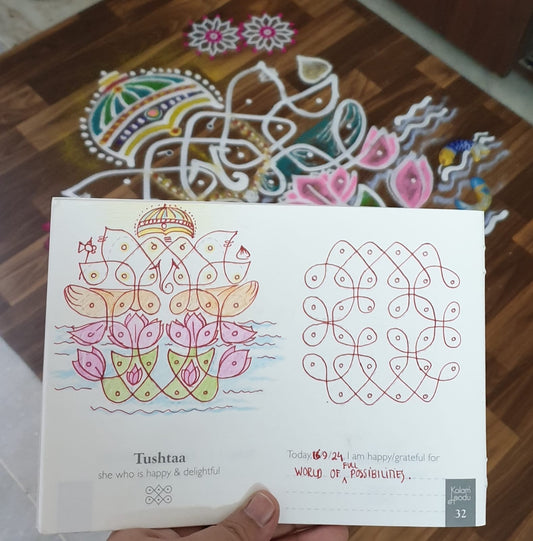Unlock the power of self-perception and awareness through the art of Kolam. Kolam-making fosters creativity, problem-solving, and self-reflection, boosting self-esteem and positive self-image. Embracing imperfections and cultural roots enhances self-acceptance, while mindfulness and focus cultivate a deeper understanding of oneself. Kolam offers a path to self-discovery, growth, and a more beautiful life.
Self-perception refers to how individuals perceive and interpret themselves, including their thoughts, feelings, abilities, and characteristics. It involves forming judgments and beliefs about one's own identity and behavior based on internal cues, external feedback, and past experiences. Self-perception plays a crucial role in shaping self-esteem, self-confidence, and overall self-concept.
Self-awareness refers to the ability to recognize and understand one's own thoughts, emotions, behaviors, and motivations. It involves being conscious of one's strengths, weaknesses, values, and beliefs, and how they influence actions and decisions. Self-awareness is a crucial aspect of personal development and growth as it enables individuals to have a deeper understanding of themselves, leading to more meaningful relationships, improved communication, and better decision-making.
Drawing kolam can enhance self-perception & awareness through various mechanisms:
- Creative Expression: Kolam drawing provides a platform for creative expression and artistic exploration. When individuals create unique and intricate kolam designs, they gain a sense of accomplishment and pride in their artistic abilities. This positive self-perception contributes to increased self-esteem and a more positive self-image.
- Problem-Solving and Decision-Making: Designing kolams involves making decisions about patterns, colors, and spatial arrangements. As individuals successfully tackle the challenges of creating a kolam, they develop confidence in their problem-solving skills. This sense of competence extends to other areas of life, improving self-perception in one's abilities to overcome obstacles.
- Self-Reflection: The process of drawing kolam can be meditative and introspective. During this creative activity, individuals may engage in self-reflection, exploring their thoughts, emotions, and aspirations. This introspection can lead to a deeper understanding of oneself and enhance self-perception.
- Acceptance of Imperfections: Drawing kolam is an iterative process, and mistakes or imperfections may occur. Learning to embrace imperfections in the kolam designs can translate to greater self-acceptance and a positive attitude towards one's own flaws and limitations.
- Cultural Connection: Kolam is deeply rooted in South Indian culture, and its practice can foster a sense of cultural identity and connection. Embracing cultural traditions through kolam drawing can positively influence self-perception, instilling a sense of belonging and pride in one's heritage.
- Focus and Mindfulness: The act of drawing kolam requires concentration and focus. When individuals are fully engaged in the creative process, they experience a state of mindfulness, wherein worries about the past or future fade away. This present-focused mindset can improve self-perception by reducing self-criticism and fostering self-awareness.
- Positive Feedback and Recognition: Sharing kolam designs with others may lead to positive feedback and recognition. This external validation can positively impact self-perception, affirming one's artistic talent and creativity.
- Growth Mindset: Kolam drawing encourages experimentation and learning from mistakes. Embracing a growth mindset, wherein challenges are viewed as opportunities for growth, can lead to a more positive self-perception, as individuals see setbacks as part of the learning process.
- Iterative Process: Drawing kolam involves an iterative process of planning, executing, and refining the design. As individuals experiment with different patterns and colors, they may gain insights into their preferences, decision-making, and problem-solving abilities, promoting self-awareness.
Overall, drawing kolam enhances self-perception by fostering creativity, problem-solving skills, self-reflection, acceptance of imperfections, cultural connection, focus, and mindfulness. Embracing the art of kolam can lead to a more positive and empowered sense of self, with individuals developing a deeper appreciation for their abilities, uniqueness, and personal journey.
Kolam in Tamil Nadu is muggulu in Andhra Pradesh and Telangana, rangoli in Maharashtra, hase and rangavali in Karnataka, alopana in Bengal, to name a few.
Life is beautiful if we choose for it to be. Let’s draw happiness!
